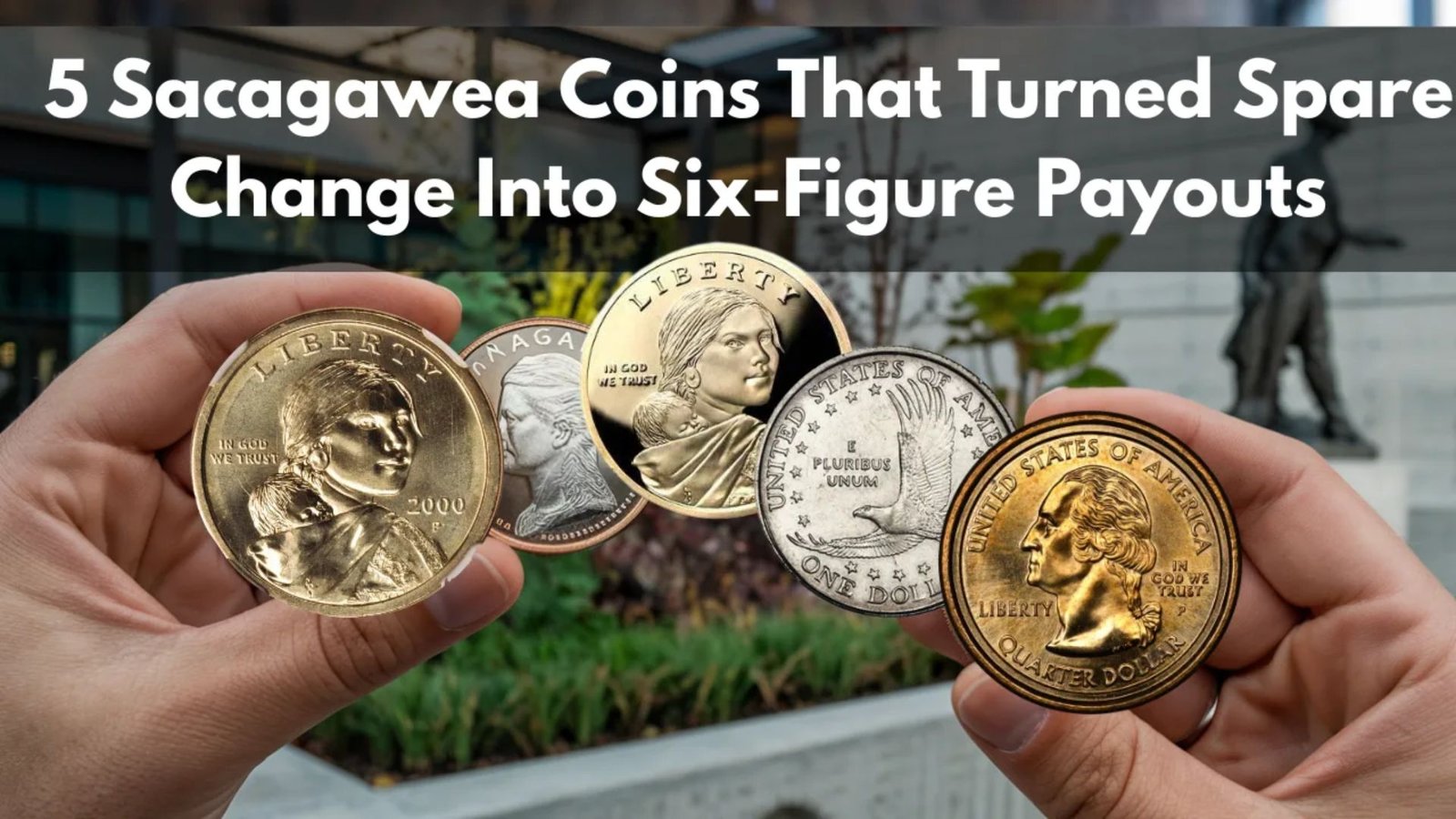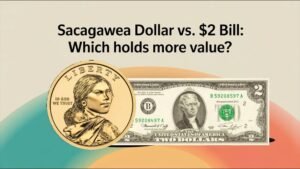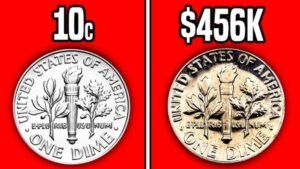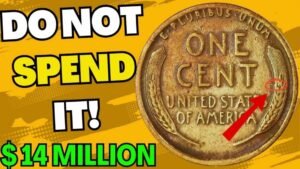Have you ever rummaged through your pocket change and wondered if a simple dollar coin could be worth a fortune? The Sacagawea dollar, that golden-hued coin honoring the legendary Shoshone guide, has turned everyday finds into life-changing windfalls for lucky collectors.
In this post, we’ll dive into five remarkable Sacagawea coins that fetched six figures at auction or private sale, proving why numismatics can be a thrilling hobby. Stick around to learn how these rare coins could be hiding in your spare change.
What Is the Sacagawea Dollar?
The Sacagawea dollar is a U.S. coin minted since 2000, featuring Sacagawea carrying her son on the obverse and an eagle on the reverse. It’s clad in manganese brass for a golden look, not actual gold.
These coins were designed to replace the Susan B. Anthony dollar but faced circulation issues. Rare varieties, however, make them a numismatic gem.
The History and Origin of Sacagawea Dollars
Introduced in 2000, the Sacagawea dollar honors the young Shoshone woman who aided Lewis and Clark’s expedition. Sculptor Glenna Goodacre crafted the design.
The U.S. Mint produced billions, but errors and special editions created rarities. Space-flown versions and promotional tie-ins added intrigue to their origin story.
Why Sacagawea Coins Are Valuable Today
In numismatics, rarity drives value. Error coins like mules—wrong obverse-reverse pairings—or limited promotions turn common Sacagawea dollars into treasures.
High-grade examples or those with unique histories, like space travel, fetch premium prices. Collector demand keeps rare coins relevant in today’s market.
How to Spot and Collect Rare Sacagawea Dollars
Start by checking dates and mint marks. Look for anomalies like enhanced tail feathers or mismatched sides using a magnifying glass.
Join numismatic clubs or use apps to authenticate. Buy from reputable dealers to build your collection of valuable Sacagawea coins safely.
Notable Facts and Auction Records
Here are five Sacagawea coins that sold for six figures, transforming spare change into fortunes:
- A 2000-P Mule Error (Washington obverse, Sacagawea reverse) sold privately for $2.1 million in 2022.
- Another 2000-P Mule fetched $192,000 at Heritage Auctions in 2018.
- A space-flown 2000-W Gold Sacagawea sold for $550,000 at Stack’s Bowers in 2025.
- A second space-flown 2000-W Gold example also hit $550,000 in the same auction.
- A 2000-P Cheerios variety reached $102,000 at Heritage Auctions.
| Coin Variety | Key Feature | Auction Price |
|---|---|---|
| 2000-P Mule | Wrong reverse | $2.1M |
| 2000-P Mule | Error pairing | $192K |
| 2000-W Gold | Space-flown | $550K |
| 2000-W Gold | Orbit history | $550K |
| 2000-P Cheerios | Promo detail | $102K |
Over 20 mules are known, but space-flown golds are limited to 39 originals.
| Pros of Collecting Sacagawea Dollars | Cons |
|---|---|
| Affordable entry for beginners | Fakes common |
| High upside for rarities | Needs expertise |
| Historical appeal | Market volatility |
Expert Tips for Numismatic Enthusiasts
Grade your coins professionally via PCGS or NGC for accurate value. Focus on 2000-P issues for errors.
Store in protective holders. Attend coin shows to network and spot rare Sacagawea dollars.
Frequently Asked Questions (FAQs)
What’s the rarest Sacagawea dollar?
The mule error tops the list due to few survivors.
How do I know if my Sacagawea coin is valuable?
Check for errors like mismatched sides or special markings.
Are all golden dollars Sacagawea?
Yes, but later Native American designs vary.
Can I find rare coins in change?
Absolutely—mules and Cheerios have turned up unexpectedly.
What’s the average value of a Sacagawea dollar?
Most are face value, but rarities soar.
Conclusion
The Sacagawea dollar reminds us that history and chance can create immense value in numismatics. These five coins show how spare change became six-figure hauls. Hunt your pockets, join a collector community, or explore more rare coins. Share your finds below—what’s your favorite numismatic story?




